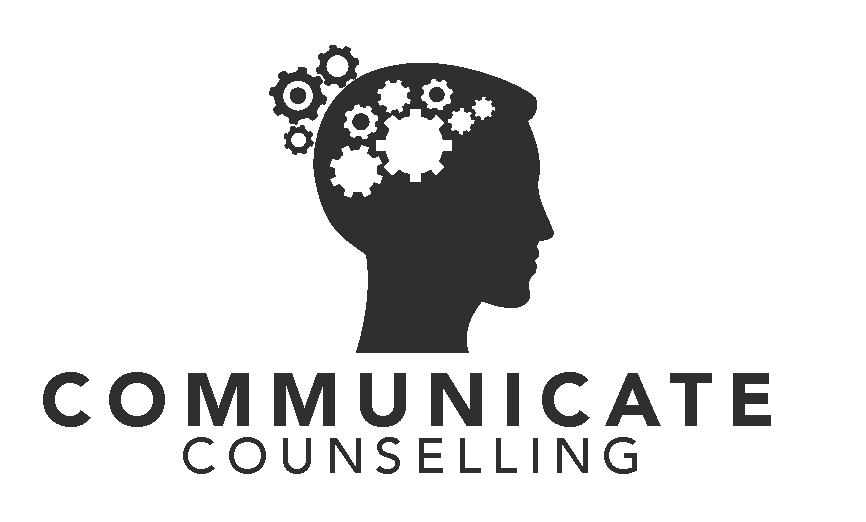Things we can do for you
How can counselling help?
Problems arise in everyday life and we often need to talk to somebody. It can be difficult to find a person we feel comfortable speaking to and it is not always easy or possible for family or friends to be able to help. Confiding in a professionally trained and confidential therapist can provide you with the support you need.
Counselling can offer you the opportunity to explore and resolve any feelings and frustrations, from relationship troubles and problems at work to feelings of anger, loneliness, uselessness, low mood, anxiety, low self-value and low self-esteem. Counselling provides a space for you to be heard; to come and talk through whatever difficulties you are experiencing.
Your counsellor is not there to advise or judge you; your counsellor is there to value your individual experience and help you to make sense of your feelings.
We’re here to help with:
Frequently Asked Questions
What Is Counselling / Psychotherapy?
Counselling and psychotherapy provide a helping relationship, allowing a space for you to work through any issues or problems that you may be experiencing at any point in your life. Through this relationship, you may begin to gain more of an understanding about your feelings and impulses; you may also begin to work through the effects of events which are causing difficulties for you in your daily life. There is much debate about the difference between counselling and psychotherapy; however they are essentially the same thing. Whether you choose counselling or psychotherapy, the most important thing is to choose the right therapist. The way that you connect with your therapist is likely to determine how successful therapy will be.
What Happens In Counselling And Psychotherapy?
What happens in your counselling or psychotherapy sessions will be a personal process which is individual to you. Generally, sessions last for one hour and you will see your therapist in the same location on a weekly basis. However, this can be altered to suit your needs; for example, sessions can be longer than one hour and may be booked every two weeks should you prefer. Confidentiality is a highly important aspect of counselling and psychotherapy which you may discuss with your therapist should you wish to. At Communicate Counselling we adhere to a code of ethics which requires respect for your privacy. Counselling and Psychotherapy do not involve medication, and anti-depressants must be prescribed through your GP.
Who Comes To Counselling?
For most of us there are times in our lives when we experience anxiety, distress or feelings of emptiness. This may be due to current circumstances such as illness, relationship tensions or bereavement. These current circumstances may also bring buried feelings from the past back up. Our own unhappiness may affect our work, social life, physical health and those who love us. It is often when we reach a point where we can no longer resolve conflict or come to terms with pain or disappointment, and see little hope of change, that we seek help. Counselling and psychotherapy can be helpful to people of all ages and from all walks of life. People are considered for therapy regardless of race, age, colour, religion, sexual orientation or educational status.


